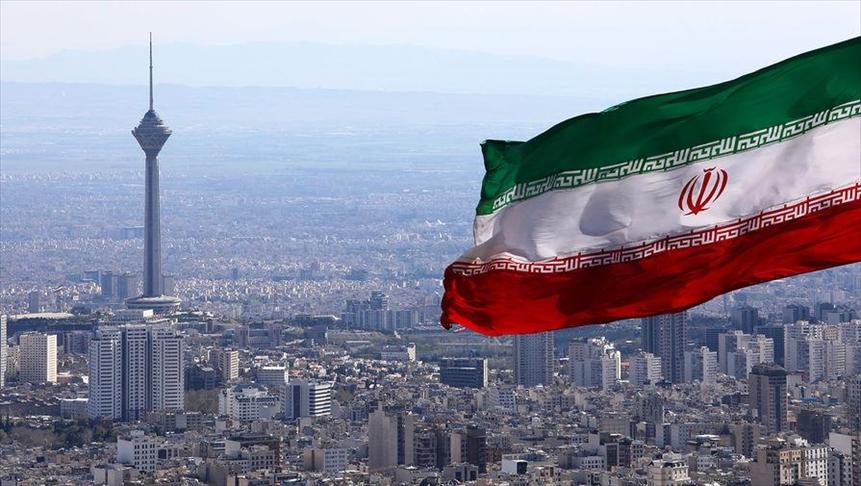Enduring nuclear standoff between Iran and United States Caught between sovereignty and sanctions
The recent fifth round of nuclear talks in Rome between Iranian Foreign Minister Abbas Araghchi and U.S. special envoy Steve Witkoff once again highlighted the persistent deadlock at the heart of U.S.-Iran relations. As reported by Foreign Policy, the talks produced “some but not conclusive” progress, underscoring the central impasse: Iran’s insistence on its uranium enrichment program versus the U.S.’s demand for its total abandonment. This long-standing dispute is not simply about nuclear capabilities; it is a complex clash rooted in national sovereignty, historical grievances, and geopolitical mistrust that stretches back nearly half a century.
At the core of the conflict is Iran’s claim—grounded in its interpretation of the Nuclear Non-Proliferation Treaty (NPT)—to a legal right to enrich uranium for peaceful purposes. Iran argues that the full nuclear fuel cycle, including enrichment and reprocessing, is an inherent sovereign right protected by the NPT. Washington, however, disputes this interpretation, insisting that the treaty does not guarantee such a right and demanding that Iran relinquish enrichment entirely. This maximalist U.S. position, increasingly hardline under recent administrations, faces resolute Iranian rejection.
This standoff echoes deep historical roots. The Shah of Iran, a close U.S. ally during the 1970s, pursued an ambitious nuclear program financed by oil wealth and backed by deals with France and West Germany. The Shah’s administration sought full control over fuel reprocessing, a technology essential for nuclear weapons development. The United States resisted, fearing proliferation risks, and pressed for veto rights over spent fuel management—a condition Iran perceived as an affront to its sovereignty. Despite American efforts to soften demands, Tehran stood firm, citing national pride and legal entitlement. Ultimately, political upheaval ended the Shah’s program, but the nuclear ambitions were inherited and adapted by the Islamic Republic.

The current regime resumed enrichment efforts by the late 1990s, expanding steadily since. Iran’s nuclear program today serves not only technological and energy goals but also political leverage in negotiations with the West. From Tehran’s perspective, the U.S. refusal to accept any enrichment constitutes an attempt to dictate Iran’s sovereign nuclear policy, fueling nationalist resistance. Iranian Supreme Leader Ayatollah Ali Khamenei has repeatedly emphasized this stance, warning against any notion that Iran awaits Western permission to chart its course.
Washington’s position has evolved unevenly. Early administrations outright rejected any Iranian nuclear program, while later ones, notably under Obama, acknowledged the need for compromise—accepting some enrichment under strict verification. Yet, hardliners in the U.S. continue to push for full dismantlement of Iran’s program, invoking the “Libya model” of nuclear disarmament—a scenario Tehran dismisses as unrealistic and threatening regime survival. Khamenei’s reference to Libya’s fate underscores Iran’s fear that disarmament could invite foreign intervention and regime change.
The impasse is thus shaped by more than nuclear physics: it is a battle over sovereignty, national pride, security, and regional power dynamics. Iran’s nuclear nationalism runs deep, intertwined with its historical experience of foreign intervention and imposed constraints. The United States’ insistence on zero enrichment clashes with Iran’s narrative of self-determination and legal rights under international law.
A sustainable resolution, as suggested by the article, requires abandoning maximalist demands and embracing a diplomatic approach anchored in verification, mutual concessions, and respect for Iran’s nuclear rights under the NPT framework. Iran’s willingness to accept enrichment caps in exchange for meaningful sanctions relief represents a pragmatic starting point for such diplomacy.
In sum, the U.S.-Iran nuclear standoff is a long-running saga of mistrust, competing legal interpretations, and geopolitical rivalry. It is a conflict where neither side’s maximalist positions are viable, and only careful negotiation—respecting both Iran’s sovereignty and global nonproliferation concerns—can break the deadlock and forge a durable agreement.
By Vugar Khalilov








